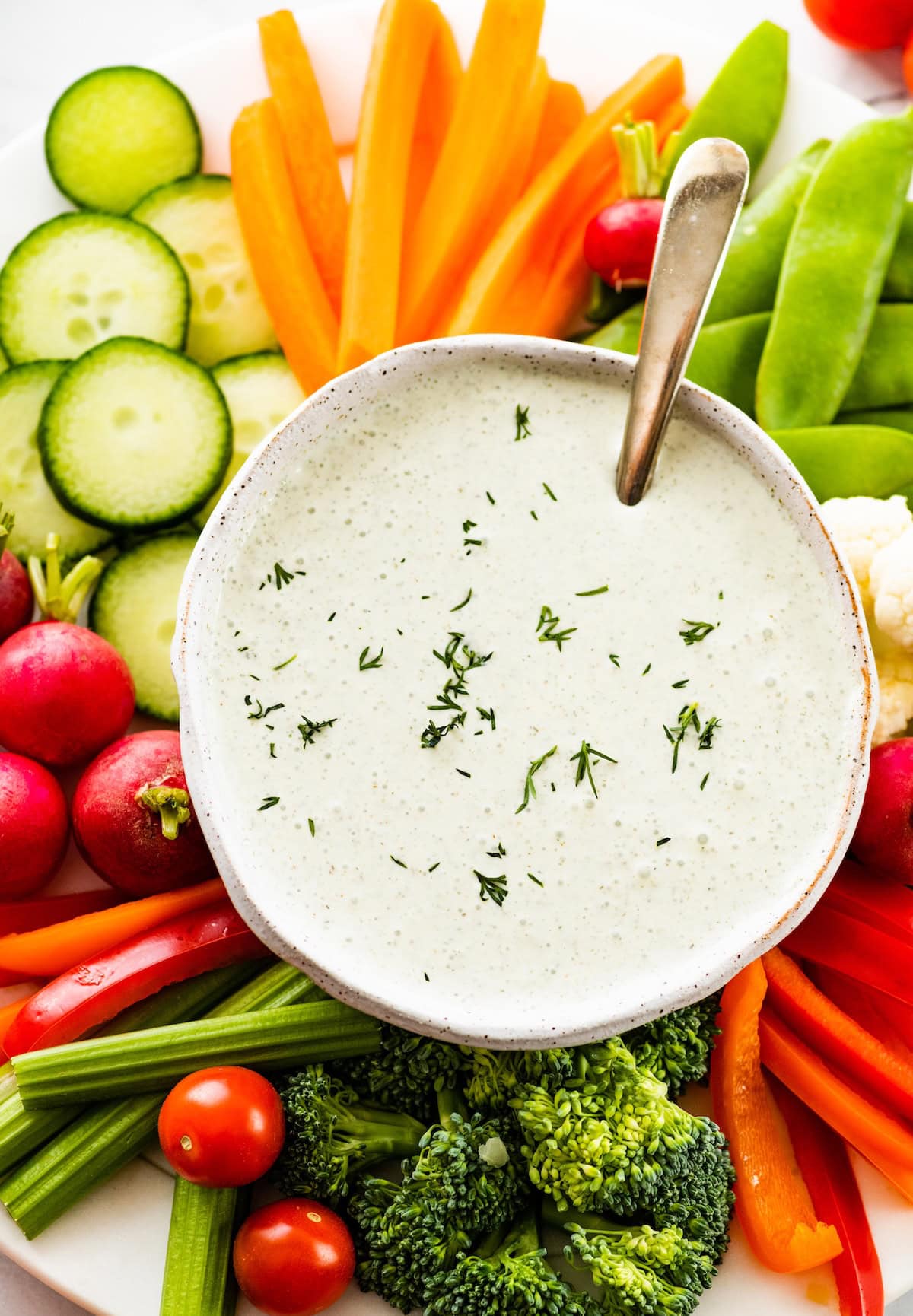When it comes to clear, healthy skin, the link between diet, supplements, and skin health is often underestimated. Acne isn’t just a cosmetic concern—it can reflect underlying issues like hormonal imbalances, inflammation, and even nutrient deficiencies. Understanding what vitamins help with acne can help you unlock a new approach to managing breakouts while supporting overall skin health.
While no single supplement can replace professional care, vitamins and minerals play an essential role in reducing acne and promoting healthy skin. This comprehensive guide explores the best nutrients for clearer skin and how they complement topical treatments. As always, consult your healthcare provider before starting any supplementation.
How Nutrients Impact Skin Health
Your skin is a reflection of your internal health. Nutrient deficiencies can lead to issues like excess sebum production, clogged pores, and inflammation, all of which contribute to acne. Vitamins and minerals help regulate these processes, improve skin cell turnover, and reduce oxidative stress, creating a balanced environment for clear skin.
1. Vitamin A: Encouraging Skin Renewal
Vitamin A is one of the most well-known nutrients for skin health. It works by promoting skin cell turnover and preventing clogged pores, making it a key player in acne prevention and treatment. Retinoids, a derivative of vitamin A, are frequently used in both oral and topical treatments for severe acne.
Can Vitamin A Clear Up Acne?
Research shows that high doses of vitamin A (under medical supervision) can effectively treat acne by reducing oil production and calming inflammation.
Natural Sources
Carrots, sweet potatoes, and leafy greens are rich in beta-carotene, a precursor to vitamin A.
Side Effects
Excessive intake of vitamin A can cause dryness, irritation, and other side effects, so moderation is crucial.
2. Vitamin C: Fighting Free Radicals
Vitamin C is prized for its ability to fight free radical damage and inflammation. This nutrient supports skin healing, reduces redness, and strengthens the skin barrier by stimulating collagen production.
Is Vitamin C or Vitamin A Better for Acne?
While vitamin A directly treats acne by targeting clogged pores, vitamin C is better for reducing inflammation and brightening acne scars. Both can be beneficial when used together.
Supplementation Tips
Oral vitamin C supplements and topical serums can work synergistically for more comprehensive skin support.
3. Vitamin E: Moisturizing and Protecting Skin
Vitamin E, a fat-soluble vitamin, is a potent antioxidant that helps neutralize free radicals and improve skin hydration. Its role in reducing inflammation makes it a helpful nutrient for those prone to breakouts.
How It Helps
Vitamin E’s anti-inflammatory properties assist in reducing redness and supporting the healing of acne scars.
Sources
Incorporate foods like almonds, sunflower seeds, and spinach into your diet to naturally boost your vitamin E intake.
4. Vitamin B3 (Niacinamide): Regulating Oil Production
Niacinamide, a form of vitamin B3, is celebrated for its ability to control excess sebum production. It’s often included in skincare products for its soothing, anti-inflammatory effects.
Oral or Topical?
Both forms are effective, but oral niacinamide supplements can provide systemic benefits beyond what topical treatments offer.
Additional Benefits
Niacinamide also strengthens the skin barrier, improving overall texture and resilience.
5. Vitamin B5 (Pantothenic Acid): Reducing Oil and Stress
Vitamin B5 is a water-soluble vitamin that regulates the stress response and helps control hormone fluctuations, both of which are linked to acne. It’s particularly useful for those with oily skin, as it reduces sebum production when taken in high doses.
Clinical Evidence
Studies indicate that supplementation for acne with vitamin B5 may lead to significant improvements in skin clarity.
Dietary Sources
Eggs, avocados, and whole grains are excellent sources of this vitamin.
6. Vitamin B6 (Pyridoxine): Addressing Hormonal Acne
Vitamin B6 plays a crucial role in regulating hormone levels, making it a go-to nutrient for those experiencing hormonal acne. This is especially helpful for women dealing with breakouts tied to their menstrual cycle.
Best Sources
Fish, bananas, and fortified cereals are rich in vitamin B6, or you can opt for a supplement for targeted support.
7. Zinc: Reducing Inflammation
Zinc is a powerful mineral that supports the immune system and helps regulate inflammation, making it an effective nutrient for the treatment of acne. A zinc deficiency has been linked to increased breakouts and slower healing of acne lesions.
Topical or Oral?
Oral supplements are highly effective for addressing zinc deficiencies, while topical treatments can provide localized benefits.
8. Omega-3 Fatty Acids: Managing Hormones
Although not a vitamin, omega-3 fatty acids are essential for reducing inflammation and balancing hormones. They’re particularly effective for acne related to stress or hormonal imbalances.
How They Work
Omega-3s reduce the production of inflammatory compounds in the body, helping to calm active breakouts and improve skin hydration.
Sources
Incorporate fish like salmon or plant-based options like flaxseed and chia seeds into your diet.
9. Vitamin D: Boosting Skin Immunity
Vitamin D supports the skin’s immune defenses and helps balance bacteria on the skin, both of which are critical in acne management.
Supplementation Tips
Many people have a vitamin D deficiency due to limited sun exposure. Taking an oral supplement can help maintain optimal levels.

The Importance of Diet for Acne
Acne isn’t just about skincare—it’s about what you put into your body. Diets high in sugar and processed foods can lead to inflammation and disrupt hormone levels, exacerbating breakouts. On the flip side, a nutrient-rich diet with plenty of vitamins, minerals, and healthy fats can support balanced hormone levels, reduce inflammation, and improve skin cell turnover.
If you struggle to get enough nutrients through your diet, oral supplements can help bridge the gap and provide targeted support.
Combining Oral Supplements and Topical Treatments
A dual approach combining oral supplements with topical treatments often yields the best results for acne. Oral vitamins target systemic issues like inflammation and hormone levels, while topical products address surface-level concerns like clogged pores and dead skin cells.
If you’re looking for a convenient way to support your skin health, Uscriptives offers a Hair, Skin & Nails Formula packed with key nutrients like vitamins C, E, D, niacin, and more! Designed with acne-prone skin in mind, this physician-approved formula works to support balanced oil production, calm inflammation, and protect against free radical damage, while also supporting hair and nail health. Visit our website to get started!
Explore Uscriptives’ full range of supplements by visiting our website and discover how you can take the next step toward clear, healthy skin.
Publisher: Source link



